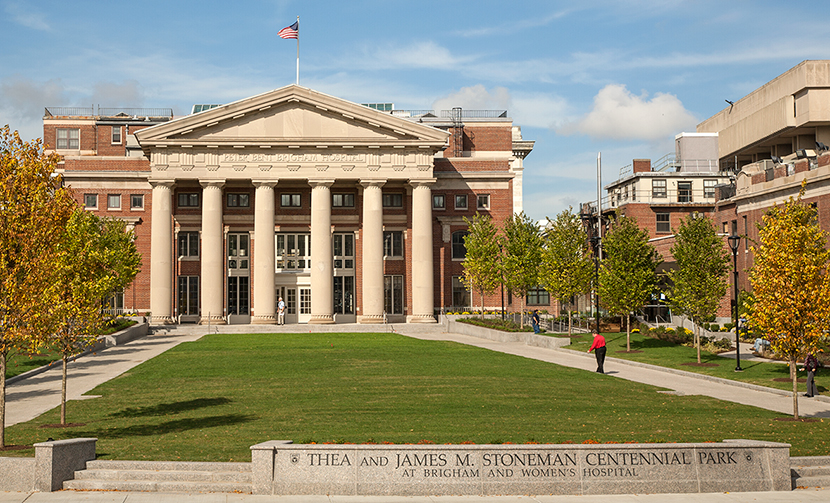
After an extensive national search, Chandrajit P. Raut, MD, MS, has been named division chief of Surgical Oncology at Brigham Health, effective October 1, 2019.
Dr. Raut, who is also a professor of surgery at Harvard Medical School and surgery director of the Center for Sarcoma and Bone Oncology at Dana-Farber Cancer Institute, is a graduate of Stanford University (BA/BS), University of Oxford (MSc) and Harvard Medical School (MD). He completed a general surgery residency at Massachusetts General Hospital followed by a surgical oncology fellowship at MD Anderson Cancer Center.
Dr. Raut is a committed clinician who specializes in the multidisciplinary care of patients with soft tissue sarcoma. He is also a prolific researcher, and currently has a multi-PI R01 grant to evaluate an innovative drug-eluting film to be placed in the surgical bed to reduce tumor local recurrence rates. Additionally, he is co-PI on a multi-institutional phase II clinical trial evaluating five years of adjuvant imatinib for primary GIST, co-investigator on an international phase III randomized clinical trial evaluating the use of preoperative radiation therapy for retroperitoneal sarcomas, and a member of The Cancer Genome Atlas Sarcoma (TCGA-SARC) working group of the National Institutes of Health (NIH)/National Cancer Institute (NCI).
Dr. Raut serves as section editor for sarcoma in the journals Cancer and Annals of Surgical Oncology, associate editor for the journal Sarcoma and an editorial board member for the journal ACS Case Reports in Surgery. He has authored over 200 papers and over 30 book chapters and also serves as the program director of the Dana-Farber/Partners Cancer Care Surgical Oncology Fellowship.


